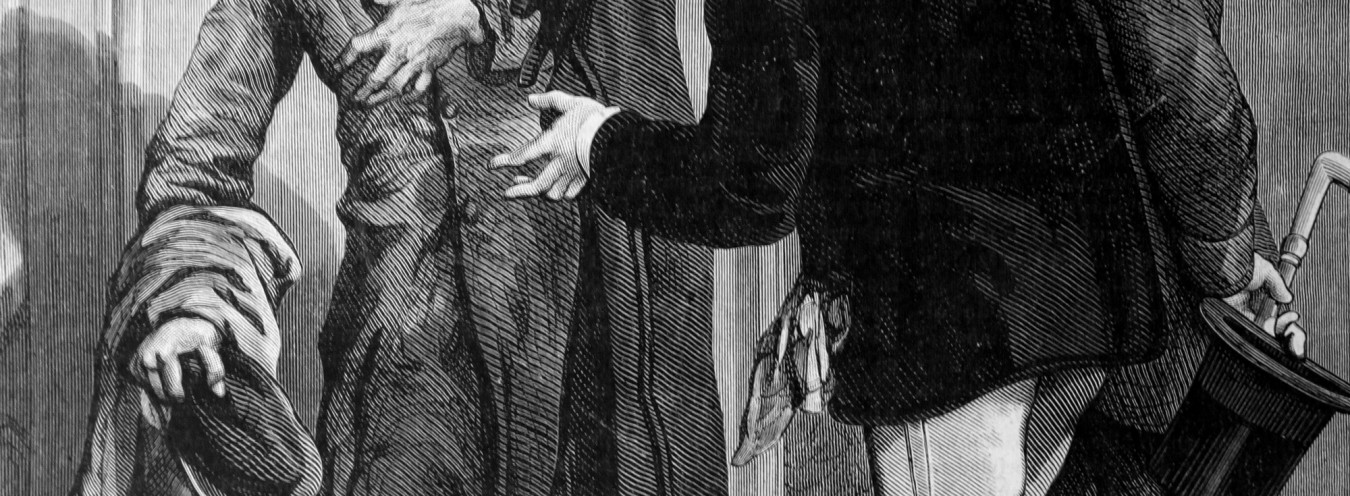
Debt
‘My apologies, miss,’ Spigelman replied ironically, ‘I have been making money a long time but I never heard of no such interest. On thirty thousand His Excellency may get three thousand, even then on a very dubious mortgage. But what’s it to me? My business is to get my money back.’ (288)
Contracting, settling and collecting debts is often mentioned in The Doll. Tomasz Łęcki is up to his ears in debt and his daughter Izabela buys goods on credit at Wokulski’s shop, while Countess Karolowa offers to lend her three thousand roubles on security of the family dinner-service and silver. The novel’s other aristocratic characters are also heavily indebted, including Baron Krzeszowski, Kazimierz Starski, even Julian Ochocki, who is assisted by Wokulski in paying off his creditors. Wokulski himself takes out loans from banks and other tradesmen (another form of incurring debts). In fact, anyone – the bourgeoisie, the intelligentsia, the poor as well – may become indebted. After all, we must remember that Prus is portraying the Polish society of the second half of the nineteenth century, the period when people lived in the conditions of moral and economic crisis. The major problem was in fact getting out of the debt (a situation now called a “debt trap”).
The types of indebtedness Prus could be writing about at that time included public debts (e.g. tax arrears, owed to the treasury), bank debts (undischarged loans and credits), private debts (sums owed to private individuals), security and mortgage bonds, and promissory notes (debt instruments secured by assets). Private debts could also take the form of so-called debts of honour, with their on-time repayment guaranteed on the debtor’s word of honour. They were common in card debts, and Baron Krzeszowski and Mr Maruszewicz got into them particularly often. If a debtor failed to clear his debts, an auction of his possessions was held; this is how Łęcki’s house is sold. At the time of The Doll, the practice of usury (lending money at high interest rates) was becoming widespread. Prus criticised usury and showed it to be used mainly by the novel’s Jewish characters, e.g. David Spigelman and Henryk Szlangbaum.
→ Krzeszowski, Baron; → Auction; → Jews;



